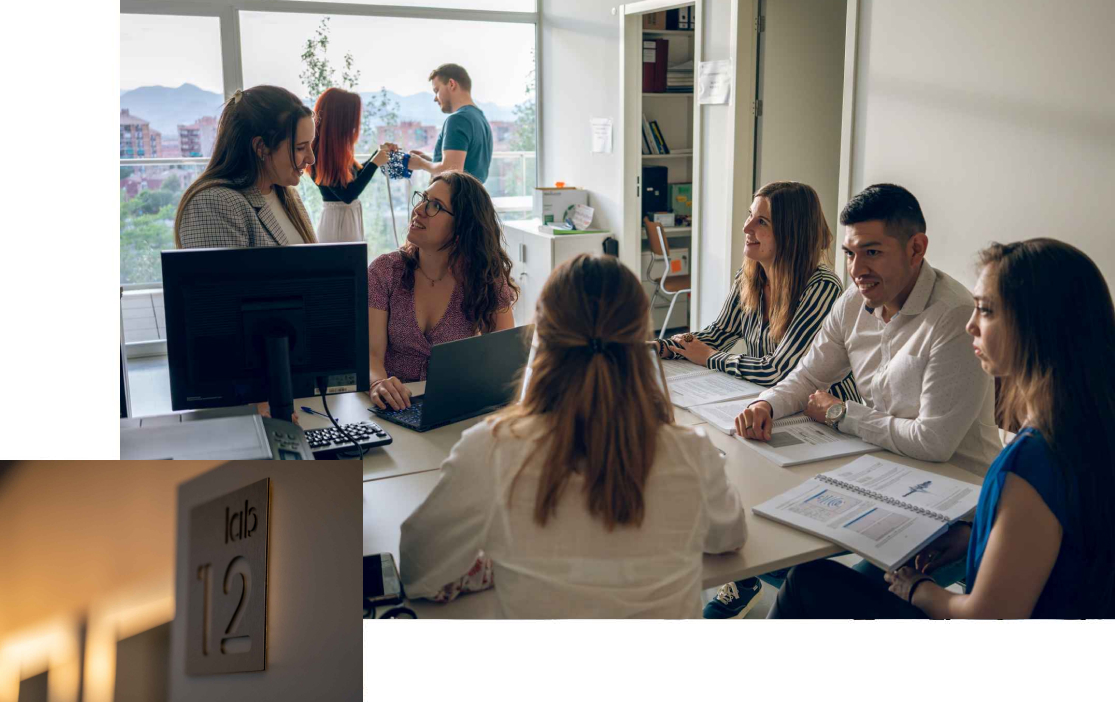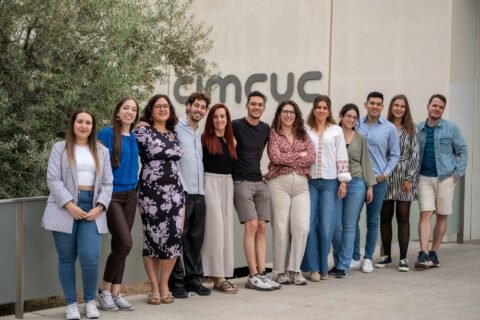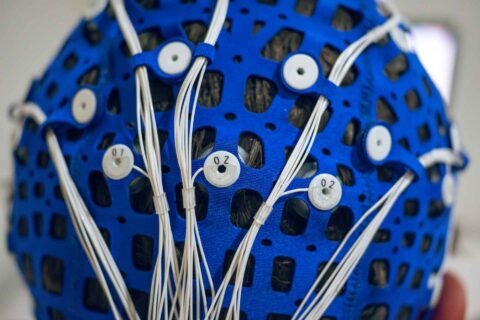Home
agosto 10, 2023 2023-12-11 15:11Home

NEUROCOGNITIVE MECHANISMS OF COLLABORATIVE MEMORY.
This website is funded by a grant from the Spanish Ministry of Economy and Competitiveness for the project PID2021-127728NB-I00
Learn more
Memory and Language Research Group
Excellence in research
We are based at the University of Granada (UGR)
Welcome to the Memory and Language Research Group

Main lines of research
The main lines of research in the group focus on investigating various aspects of memory and language, such as how they are acquired, processed, and represented in the human mind.
Inhibitory control of memory
Language selection and cognitive control in bilinguals
Numerical Cognition
Individual differences in memory and language
Inhibitory control of memory
Language selection and cognitive control in bilinguals
Numerical Cognition
Individual differences in memory and language
Recent
publications
López-Rojas C, Bajo MT, Marful A. Exploring the effect of language-switching practice over prospective memory in bilinguals. Bilingualism: Language and Cognition. Published online 2025:1-14. doi:10.1017/S1366728925100266
The impact of relevant environmental sounds on foreign language word learning
Bellegarda, M., García-Gámez, A.B., & Macizo, P. (2025). The impact of relevant environmental sounds on foreign language word learning. Bilingualism: Language and Cognition, 1-11. https://doi.org/10.1017/S1366728925100394
Romero-Rivas, C., Sabater, L., Rodríguez Gómez, P., Hidalgo de la Guía, I., Rodríguez-Cuadrado, S., Moreno, E. M., & Garayzábal Heinze, E. (2025). Towards a genetics of semantics? False memories and semantic memory organization in Williams syndrome. Neuropsychologia, 210, 109106. https://doi.org/10.1016/j.neuropsychologia.2025.109106
Montoro-Membila, N., Maraver, M. J., Marful, A., & Bajo, T. (2025). How do older adults correct memory errors? The effects of practice and metacognitive strategies. Aging, Neuropsychology, and Cognition, 1–31. https://doi.org/10.1080/13825585.2025.2464583
Linde‐Domingo, J., & Kerrén, C. (2025). Evolving Engrams Demand Changes in Effective Cues. Hippocampus, 35(3), e70015. https://doi.org/10.1002/hipo.70015
Casado, A., Walther, J., Wolna, A., Szewczyk, J., Sorace, A., & Wodniecka, Z. (2025). Investigation of long-and short-term adaptations of the bilingual language system to different language environments: Evidence from the ERPs. Journal of Neurolinguistics, 74, 101242.
Ferré, P., Rodríguez-Cuadrado, S., Hinojosa, J.A. (2025). The acquisition of emotional words. The Encyclopedia of Applied Linguistics, 2nd Edition. Wiley.
Öztekin, E. & Candan, E. (2024). The role of language aptitude probed within extensive instruction experience: morphosyntactic knowledge of advanced users of L2 English. International Review of Applied Linguistics in Language Teaching, 62(2), 693-721. https://doi.org/10.1515/iral-2021-0201
Neural evidence for perceiving a vowel merger after a social interaction within a native language
Bellegarda, M., Boddaert, G., Knudsen, D., DuFour, S., & Brunellière, A. (2025). Neural evidence for perceiving a vowel merger after a social interaction within a native language. Brain and Language, 261, 105529. https://doi.org/10.1016/j.bandl.2024.105529
Masullo, C., Casado, A., & Leivada, E. (2024). The role of minority language bilingualism in spotting agreement attraction errors: Evidence from Italian varieties. Plos one, 19(2), e0298648. https://doi.org/10.1371/journal.pone.0298648








